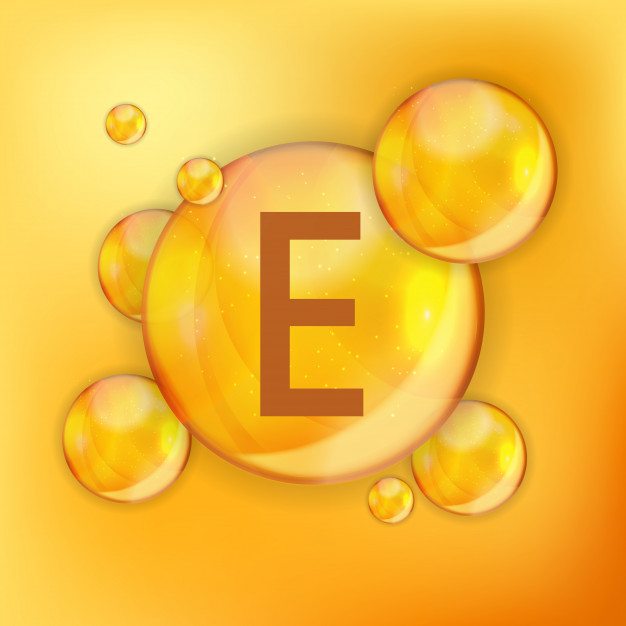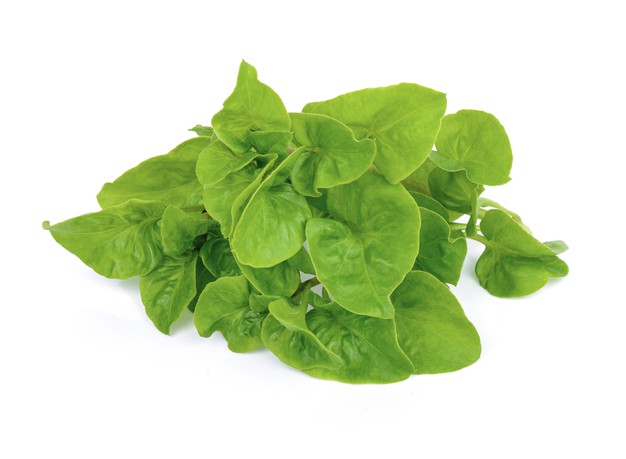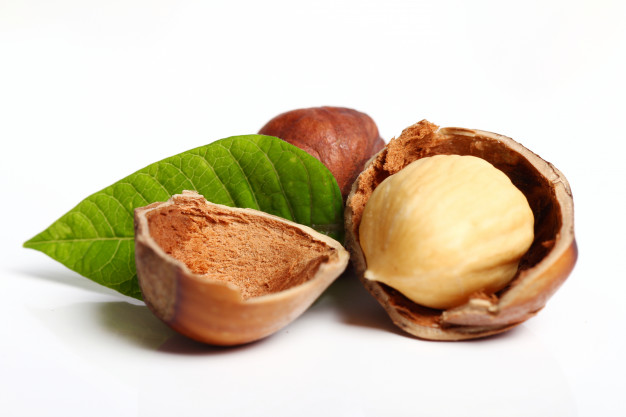Sage is an important herb belongs to mint family and it is very popular for its characteristic flavour. It has been extensively used for various therapeutic purposes.
Nutritional profile
- It contains very less amount of carbohydrate
- It contains lesser amount of fibre as well
- It contains negligible amount of protein as well fat
- It provides very little calories on its oxidation due to its poor carbohydrate and fat contents thus it is considered as a low calorie food
- Whereas it is packed with various important micronutrients like Vitamin A, Vitamin K, Vitamin B6, B9, calcium, phosphorus, potassium, iron, manganese and magnesium
- It contains various important plant compounds as well like borneol, bornyl acetate, 1,8-cineole, camphene, camphor, rutin, ellagic acid, caffeic acid etc that exert several nutraceutical activities
Biological activity
Antioxidant activity
- Sage is loaded with numerous polyphenols that exert potent antioxidant activities. It contains caffeic acid, chlorogenic acid, rutin, rosmarinic acid, and ellagic acid which also exhibit antioxidant activities
- It helps to decrease the concentration of free radicals in body thus decreases oxidative stress as a result lowers the risk of developing chronic diseases
- It helps to spare various important organic substances of body from oxidation
- It helps to promote cellular functions by inhibiting cellular damage

Anti-inflammatory activity
- It helps to prevent inflammation by delaying the onset of inflammatory events
- It is very effective for preventing the inflammation of gingival fibroblasts, which are the common cells present in the connective tissue of gum. Its consumption is thus considered as an imperative way for protecting the oral cavity from inflammatory damages
Anti-carcinogenic activity
- It helps to suppress the growth of malignant cells in body and also helps to stimulate malignant cell death thus helps to decrease the susceptibility of carcinoma
- It has seen that consumption of sage or its extract is extremely effective for decreasing the prevalence of colon, breast, oral, cervix, liver, kidney and skin cancer

Antimicrobial activity
It has antimicrobial activities too, which play important role in preventing microbial growth within host thus helps to decrease the prevalence of infectious diseases
Health benefits
Role on oral health
- Consumption of sage is really very effective for improving oral health and all the credit goes to its antimicrobial properties
- It has seen that sage is extremely helpful for inhibiting the growth of Streptococcus mutans, which is responsible for developing dental cavities
- Utilization of sage based essential oil is considered as another important remedy for lowering the prevalence of cavities as it hinders the growth of Candida albicans, a fungus accountable for developing cavities
- It is also associated with preventing dental plaque formation
- It is better to use sage based mouth wash as well as essential oil for promoting oral health and hygiene

Role on nervous system
- Sage is considered as one of the most important herbs for brain health
- It is very effective for improving the health and functionality of entire nervous system
- Its antioxidant activity is also responsible for strengthening the defense mechanism of brain hence significantly decreases the prevalence of neurological disorders
- It is directly linked with inhibiting the breakdown of acetylcholine, an important chemical messenger, which plays vital role in enhancing the encoding of memory thus it is better to consume sage for obtaining a healthy memory
- Alzheimer’s diseases is a disease in which the level of acetylcholine get decreased thus individual with Alzheimer’s disease should incorporate sage in their daily diet for improving their symptoms
- It also helps to improve cognitive abilities. It has seen that individual who consume sage or its extract comparatively perform better on tests, which measures problem solving abilities, memory and reasoning abilities
- It is extremely useful for improving brain activities in both older and younger adults

Role on mental health
- It helps to improve mental health as well
- Its consumption is closely related with providing calmness to the body, which ultimately helps to refresh the mind and improves mood
- It is also associated with improving contentedness, attention and alertness
Role on skeletal system
- Vitamin K component of sage plays vital role in strengthening the skeletal system as it helps in bone metabolism
- It helps to improve bone mass as well as bone mineral density as a result it helps to inhibit thinning of bones hence decrease the susceptibility of bone fractures
- It has been extensively used in traditional Chinese medicine for improving the symptoms of osteoporosis
Role on skin
- Its consumption is very much useful for making the skin healthy and supple
- Its antioxidant activity helps to protect the skin from free radical induced oxidative damages, which ultimately reduces the risk of developing dermal disorders in many folds
- It is also associated with protecting the skin from the detrimental effects of UV radiation
- It helps to prevent ageing as well
- It is also very effective for preventing wrinkles

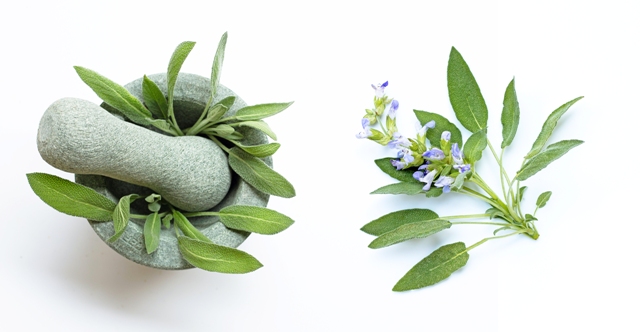
Therapeutic uses
It is used for various therapeutic purposes, which include –
- It has been widely used as an imperative remedial action for diabetes. It is closely related with enhancing insulin sensitivity, which ultimately helps to stabilize blood sugar concentration. It is very effective for improving the symptoms of type 2 diabetes mellitus
- It helps to reduce the concentration of triglyceride, LDL and VLDL in body whereas helps to improve HDL concentration thus its consumption is believed to be extremely helpful for improving lipid profile
- Its lipid lowering activity is very beneficial for promoting cardiac health as well as hepatic health as it helps to decrease the prevalence of atherosclerosis and fatty liver disease
- The level of estrogen naturally decreases during menopause thus post menopausal women develop various symptoms like excessive sweating, hot flashes, vaginal dryness as well as irritability. It has seen that consumption of sage is very effective for easing the symptoms of menopause
- It is also used as an important therapeutic agent for treating diarrhoea
Culinary uses
Sage is generally used as herb in cooking and helps to improve the flavor of the dishes. Fresh sage leaves can be used in cooking whereas dried sage and ground sage can also be used. Sage can be used in several ways like –

- It can be added into stuffing
- It can be added to soup as well
- Chopped sage can also be added to tomato sauces
- It can be mixed with butter for preparing sage butter
- It can also served with omelet
- It can be consumed with vegetables as well
- It can be used for preparing pork dishes too
Risk factors
- Consumption of natural sage as per recommendation is considered as safe but too much consumption of sage supplement is not healthy as it develops various side effects like nausea, vomiting, restlessness, dizziness etc
- Excessive consumption of sage or its extract or supplement is also associated with increasing the prevalence of seizures, tremors, renal disorders and increased heart rate
- Individual who are allergic to sage should avoid the consumption of sage as well as sage essential oil
- Moreover sage is an important therapeutic substance that plays various imperative roles in human life thus it should be included in daily diet but in moderation and it is always better to focus on natural sage consumption rather than consuming its supplements
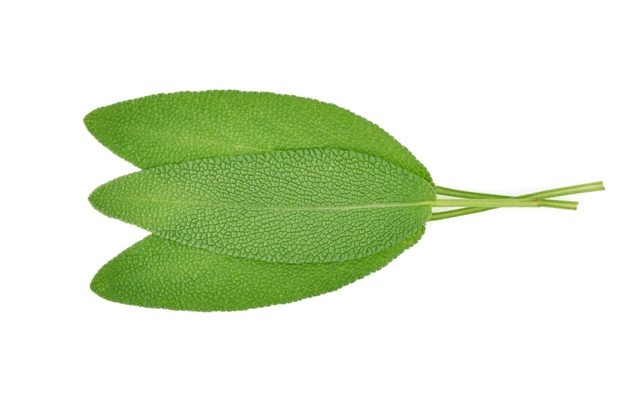
Source:
D'Souza, J., Relieve It With A Herb: Sage For Mental Well-Being.
Edwards, K.D., Dubberke, A., Meyer, N., Kugel, S. and Hellhammer, J., 2021. Assessment of the Effects of a Sage (Salvia officinalis) Extract on Cognitive Performance in Adolescents and Young Adults. medRxiv.
Ferrer, M., Health benefits of sage (Salvia officinalis) during the menopause.
Lopresti, A.L., 2017. Salvia (sage): a review of its potential cognitive-enhancing and protective effects. Drugs in R&D, 17(1), pp.53-64.
Modabbernia, A. and Akhondzadeh, S., 2013. Saffron, passionflower, valerian and sage for mental health. Psychiatric Clinics, 36(1), pp.85-91.
Pedro, D.F., Ramos, A.A., Lima, C.F., Baltazar, F. and Pereira‐Wilson, C., 2016. Colon cancer chemoprevention by sage tea drinking: decreased DNA damage and cell proliferation. Phytotherapy research, 30(2), pp.298-305.




